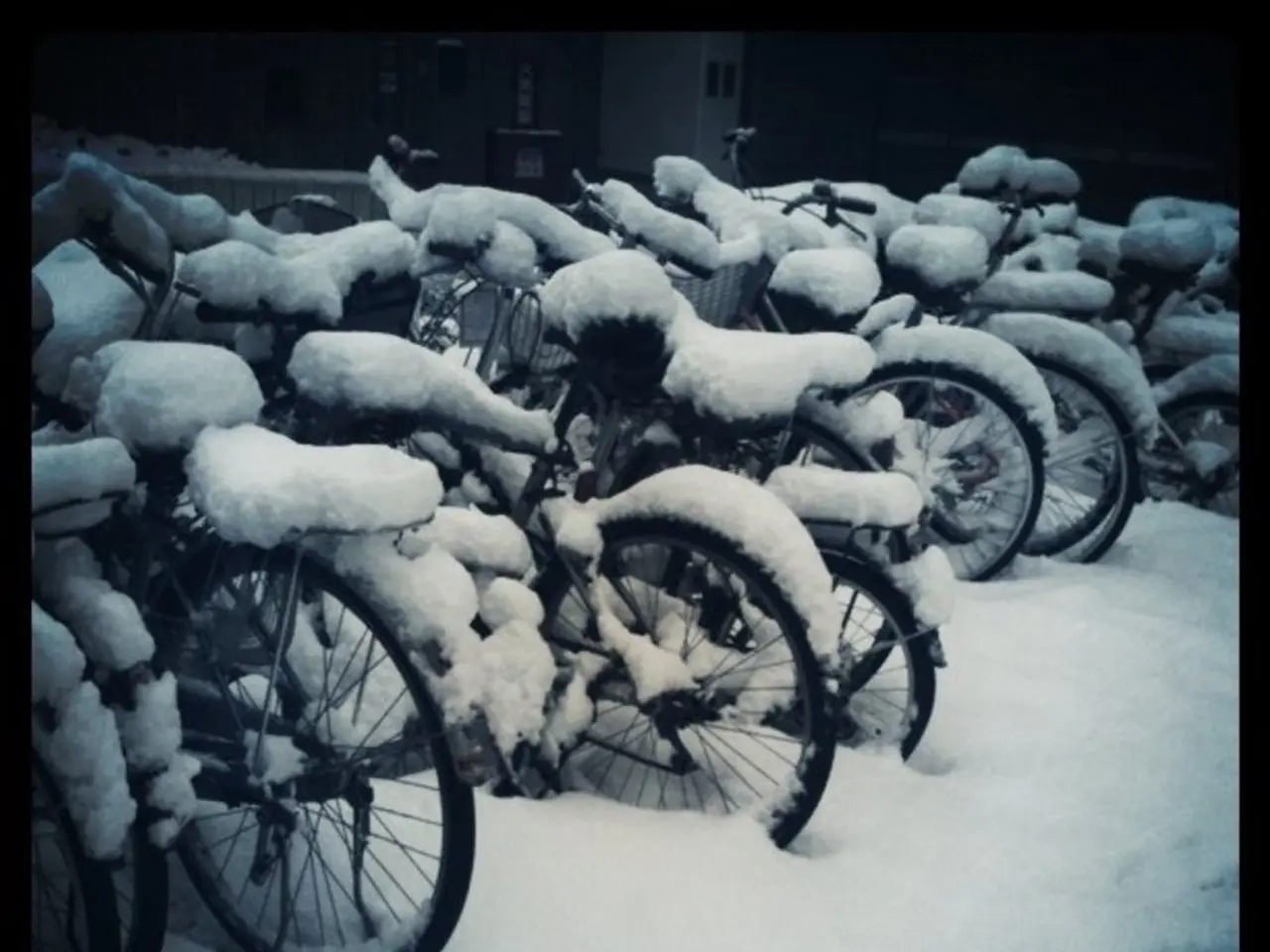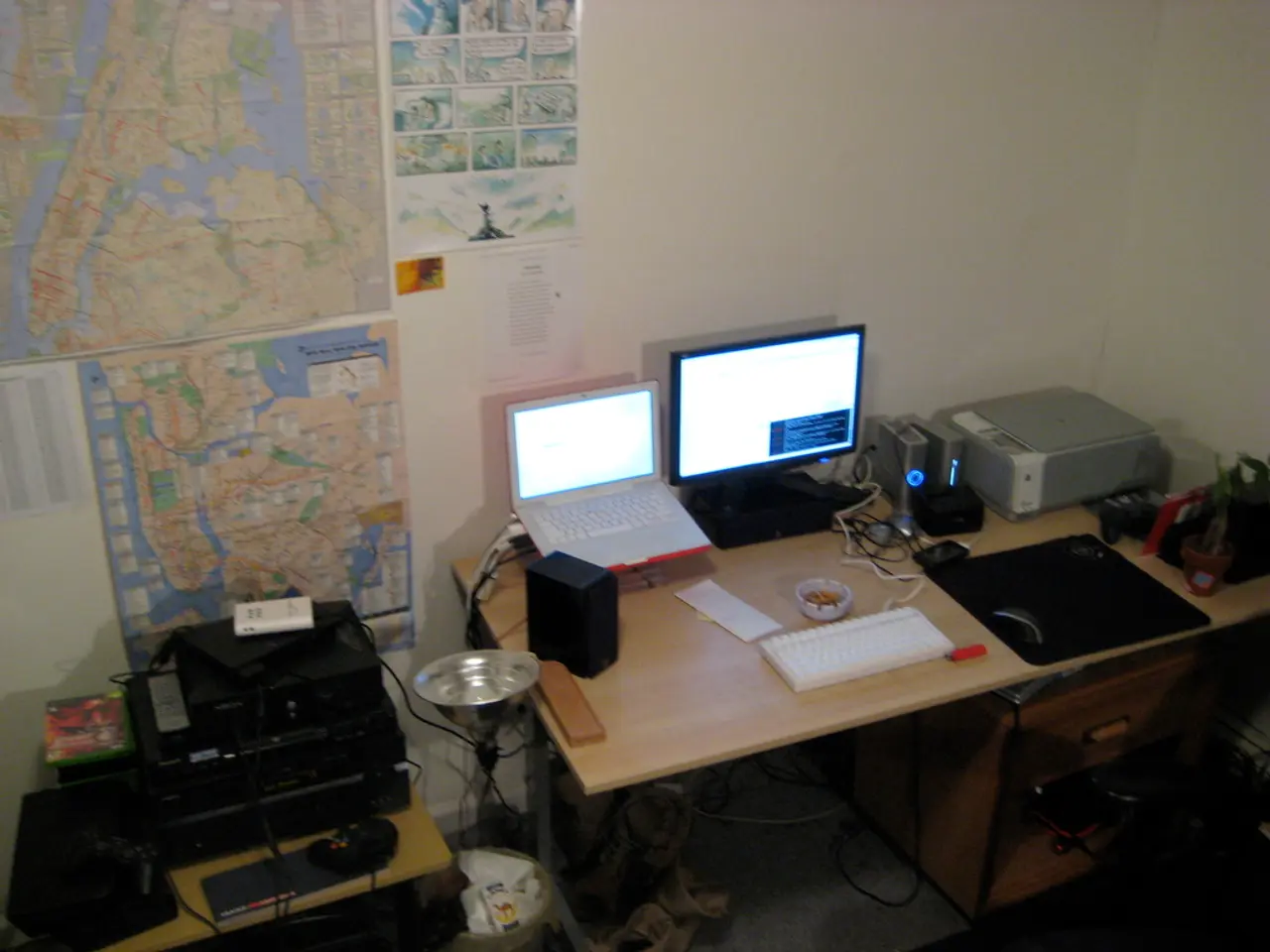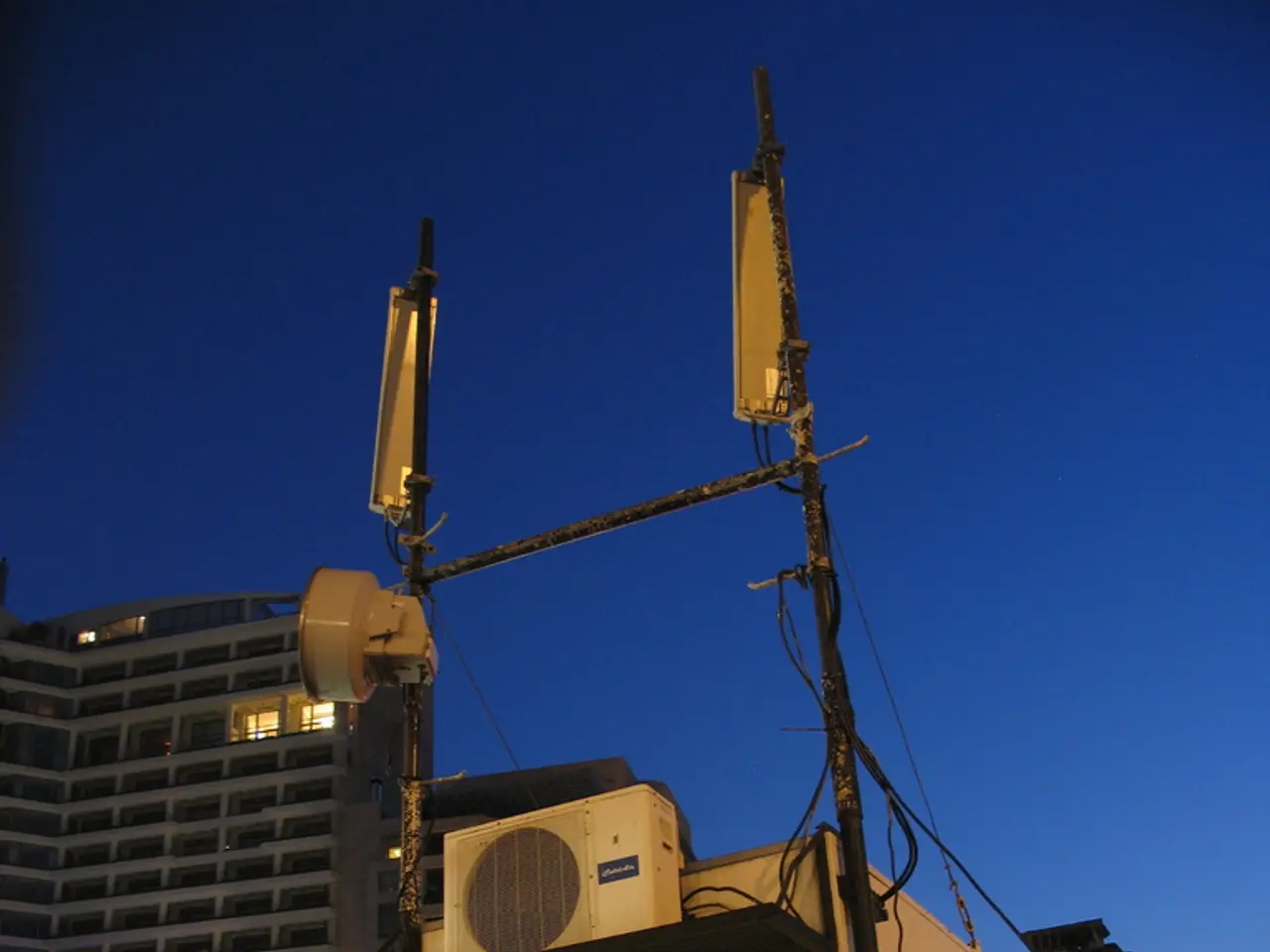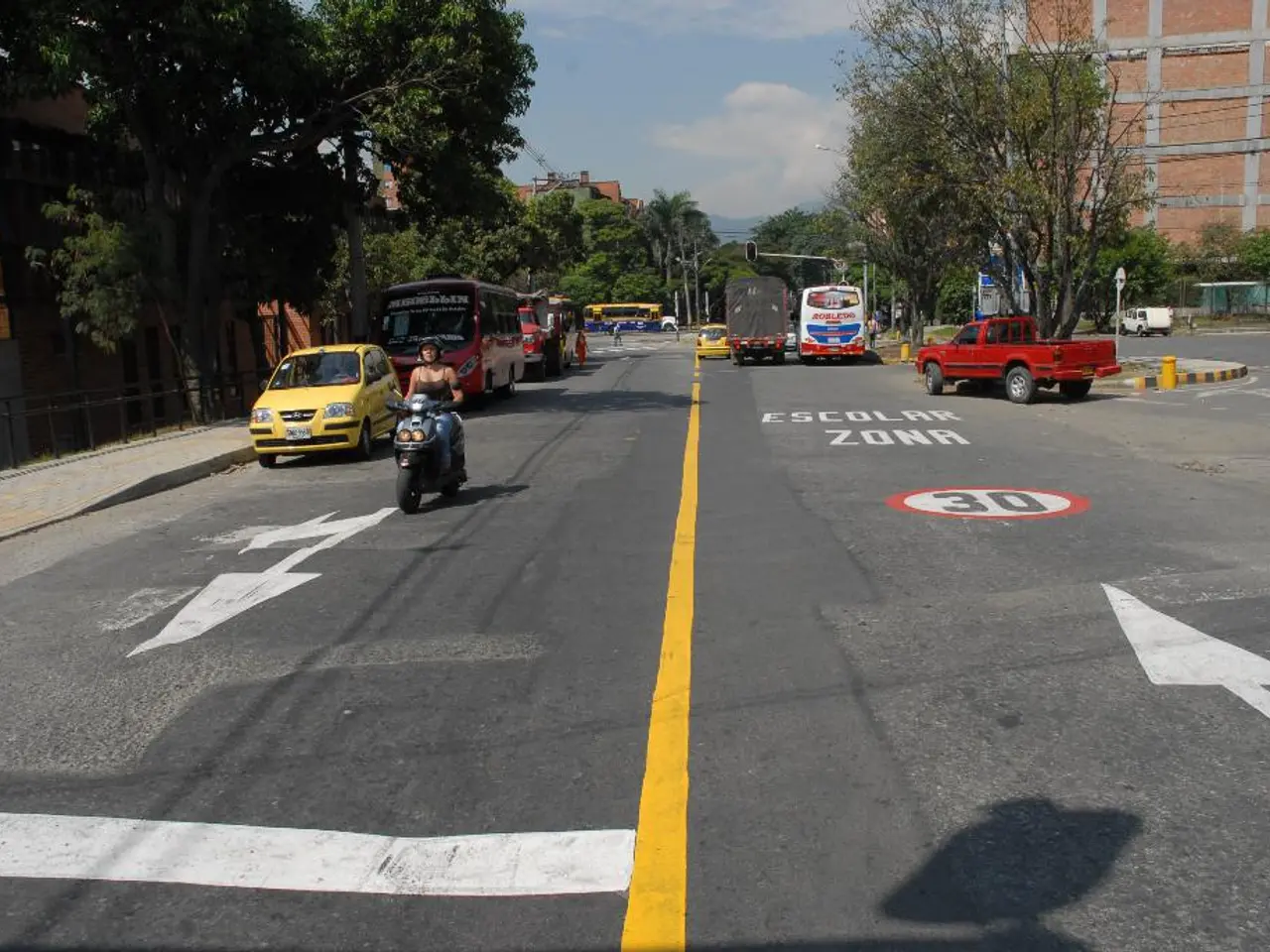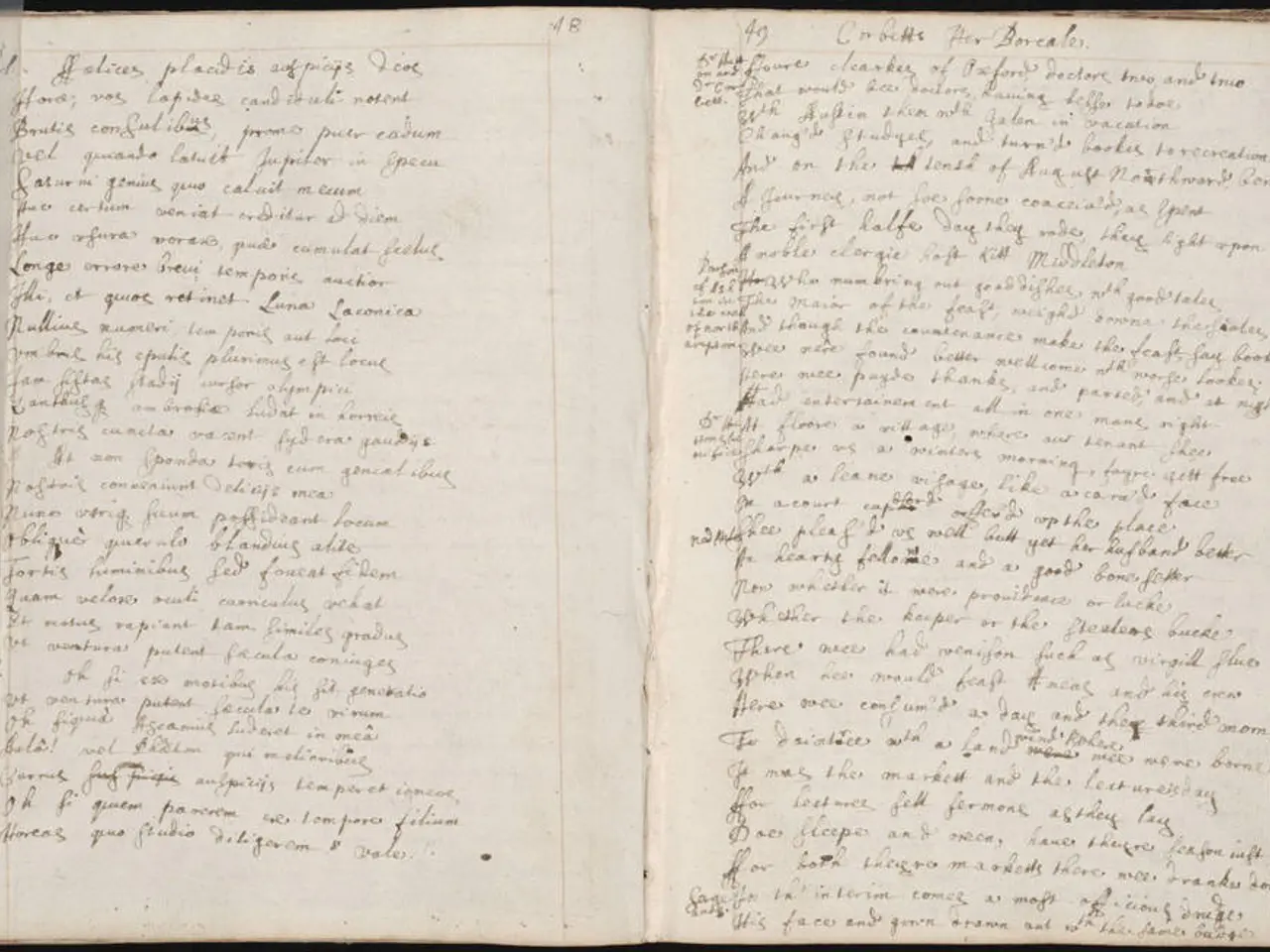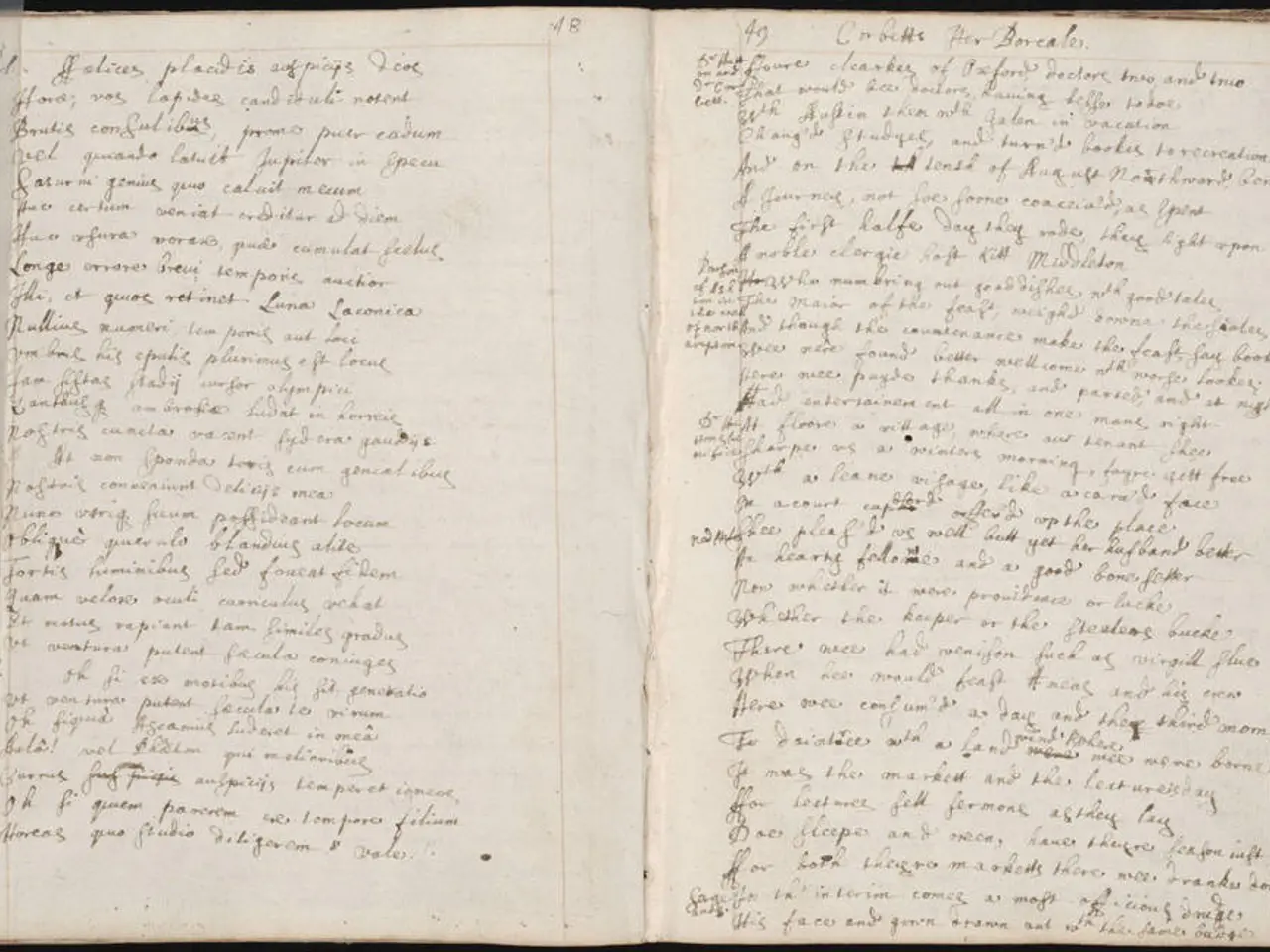Fires continue to burn in Saskatchewan, causing over 1,100 residents to flee their homes among the 49 currently raging blazes
As of July 16, 2025, the province of Saskatchewan is grappling with a severe wildfire crisis, with approximately 49 to 50 active wildfires burning across the province. The situation has led to significant evacuations, inter-jurisdictional support, and the mobilization of both domestic and international resources.
According to the latest reports, around 1,100 individuals have been evacuated from various areas, including communities under the Metal Lake Tribal Council, Jans Bay, Canoe Lake, Cole Bay, Canoe Narrows, Montreal Lake, and northern villages such as Pinehouse and Isaac Cross, which is on evacuation alert. Priority evacuation focuses on vulnerable groups like the elderly, people with health issues, and pregnant individuals due to increased health risks from smoke.
In the northern part of a national park within Saskatchewan, a voluntary evacuation order has been issued due to fire encroachment and smoke concerns. The wildfire activity covers an extensive area, with at least one fire on the order of 35,000 hectares, which has affected transportation and caused toxic smoke to blanket cities like Saskatoon.
To combat the wildfires, Saskatchewan has received international reinforcements, although specific countries providing aid were not named in the latest updates. Active mutual aid arrangements have been established with other Canadian provinces, such as Manitoba sending personnel into Saskatchewan, and provincial tactical wildfire teams, including private tactical teams, have been brought in to help protect properties in northern regions.
The wildfires have resulted in smoke alerts and advisories being issued in the northwest of Saskatchewan, and Parks Canada has warned residents in Prince Albert National Park to be ready for potential evacuation. Saskatoon and other points south of the city have also been affected by smoke alerts.
The wildfires are being started by a combination of lightning strikes and negligent campers. The source of the smoke alerts and advisories has not been provided.
The wildfire crisis in Saskatchewan remains critical, with ongoing evacuations to protect vulnerable populations, widespread smoke affecting urban areas, and substantial support mobilized from both within Canada and internationally to contain the numerous active fires. The situation will continue to be closely monitored, and updates will be provided as more information becomes available.
Environmental scientists are closely monitoring the wildfire crisis in Saskatchewan, as the smoke from the fires has harmful effects on both the environment and human health. With at least one fire covering an area of 35,000 hectares, meteorologists are also studying the weather patterns to predict the spread and duration of the wildfires.

